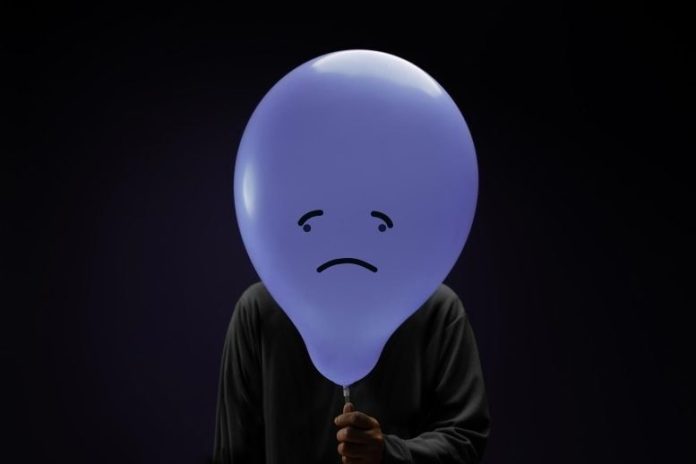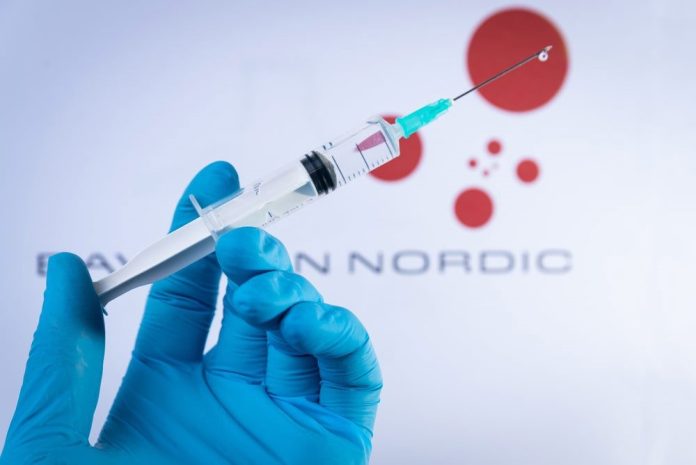DNA from mass grave reveals pathogens that beset Napoleon’s army in 1812
The retreat from Russia by Napoleon Bonaparte and the French Grande Armée in 1812 was a cataclysmic event that marked the beginning of the end for his empire and personal dominance in Europe, with about 300,000 soldiers perishing in a force that originally numbered roughly a half million.
A new study involving DNA extracted from the teeth of 13 French soldiers who were buried in a mass grave in Lithuania’s capital Vilnius along the route of the retreat is offering a deeper understanding of the misery the Grande Armée experienced, detecting two pathogens not previously documented in this event.
Keep up with the latest medical breakthroughs and healthcare trends with the Reuters Health Rounds newsletter. Sign up here.
The discovery of the bacteria that cause paratyphoid fever and louse-borne relapsing fever showed, alongside previous work, that several infections had circulated among soldiers already enfeebled by cold, hunger and exhaustion.
The Vilnius site, discovered in 2001, contains the remains of approximately 2,000 to 3,000 soldiers from Napoleon’s army.
“Vilnius was a key waypoint on the 1812 retreat route. Many soldiers arrived exhausted, starving and ill. A substantial number died there and were interred rapidly in mass graves,” said molecular biologist and geneticist Nicolás Rascovan, head of the microbial paleogenomics unit at the Institut Pasteur in Paris and senior author of the study published in the journal Current Biology, opens new tab.
“While cold, starvation and typhus have long been emphasized, our results show that paratyphoid fever and louse-borne relapsing fever were also present and may have contributed to debilitation and mortality,” Rascovan added.
Paratyphoid fever typically is food- or water-borne, with symptoms including fever, headache, abdominal pain, diarrhea or constipation, weakness and sometimes a rash. The form of relapsing fever detected is transmitted by body lice and causes episodes of recurring high fever, with headache, muscle pain and weakness.
In the study, four of the 13 soldiers tested positive for the paratyphoid fever bacterium and two for the relapsing fever bacterium. The symptoms of the two ailments match those described in historical accounts of the retreat.
A 2006 study involving DNA from 35 other soldiers from the same cemetery detected the pathogens behind typhus and trench fever, diseases that cause symptoms similar to those of paratyphoid fever and relapsing fever. The new study did not detect typhus and trench fever.
Napoleon led the Grande Armée on an invasion of Russia in 1812 and marched into Moscow, but the campaign unraveled and he was forced to retreat thanks to factors including dwindling supplies, counter-attacks and the onset of the brutal Russian winter.
The new findings add nuance to the story of the plight of the French emperor’s soldiers, pointing to a scenario not of a single or a couple of ailments in circulation but rather a high prevalence of various infectious diseases. The study does not quantify the overall impact of the newly identified pathogens or establish them as widespread across the entire army but helps explain the medical complexity of the retreat.
“Ancient DNA lets us put names to infections that symptom-based accounts alone cannot resolve. The co-occurrence of pathogens with different transmission routes underscores how dire sanitary conditions were,” Rascovan said. “Future work across more sites and individuals will refine the disease landscape of 1812.”










